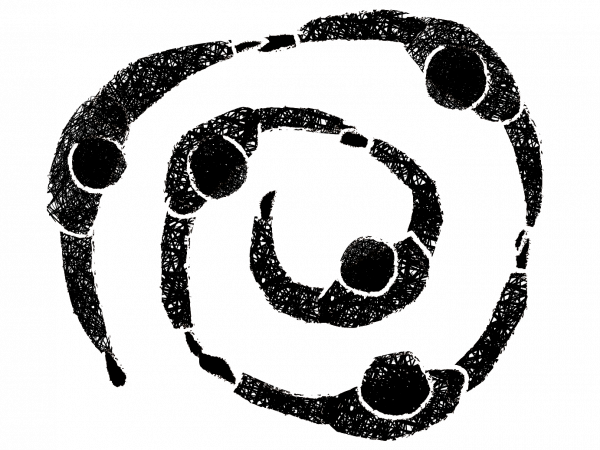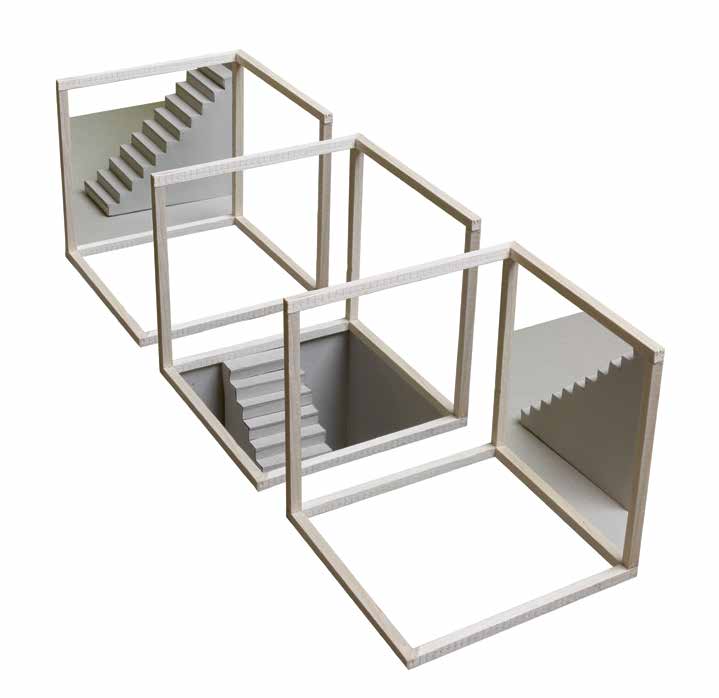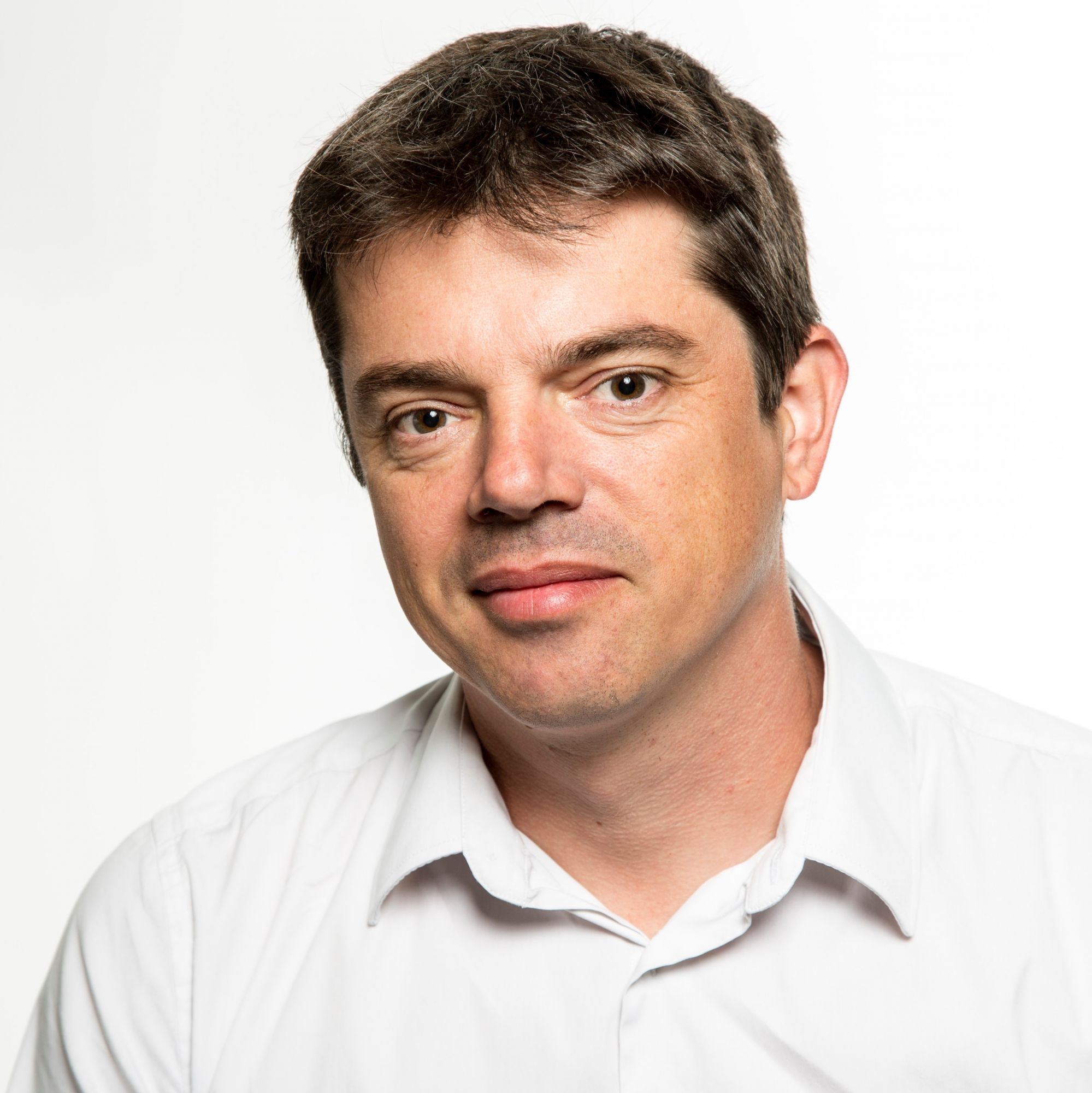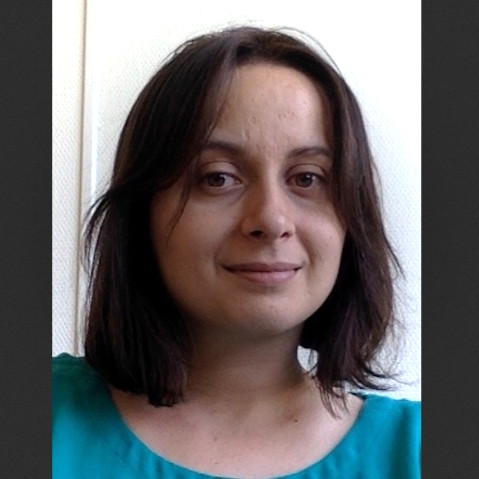- Home
- EN
- Our impact
- ProspeKtive
- Thinking about the work environment: the 3P concept

Thinking about the work environment: the 3P concept
September 2022
Expert
In a world that is suddenly changing, utopia seems relevant to think about the evolution of work environments and the 3Ps concept (People, Planet, Profit) could be an appropriate framework for reflection. People is concerned with human development: values, living conditions, education or impact on communities. Planet measures the impact of activities on natural resources, pollution and biodiversity. Profit includes concepts such as value creation and profit.
One of the major challenges of the People part is the management of different temporalities. This translates into a reflection on the rhythms of life and work and their synchronization. This reflection is done as much on short periods as on long periods (week, month, year, even decade). The contributions of cognitive sciences have changed the understanding of our relationship to work: concentration, distractions and interruptions, multitasking, learning, information management, etc. Digital tools are often considered as the main factors of this upheaval; they are only the cause. We remain responsible for their design and the uses we make of them. The production of dopamine (a neurotransmitter influencing motivation, productivity and concentration) is therefore one of the first parameters affecting the quality of the work experience.
An experiment conducted in Great Britain on the 4-day week is, in this respect, interesting and deserves to be followed closely. The maximum working time of 48 hours would almost be reduced to our 35 hours. Other similarities with the Aubry law of 2000: better distribution of working time, job creation, improvement of living conditions. For those French people who dream about it, let's remind them that in a 39-hour week contract, they accumulate 0.5 RTT per week (or 2 per month). In other words, we could already have four and a half day weeks. However, it is not widely practiced, because the management of working time impacts inclusion and belonging to the group, as shown by employees with 3/5 or 4/5 time contracts. Working hours, the right to disconnect and teleworking pose the same problems, namely the need to synchronize collectives and the need to reconcile the constraints of different social worlds. Professional reorientation and sabbaticals are a long-term issue. If the company has a duty to finance training, it does not legally owe more than the contractual paid leave. The individual takes full responsibility for his or her sabbatical leave, regardless of the type of employment. The same question is found in the transmission of know-how, continuing education, career paths and their accidents. What loyalty and commitment? Fixed-term and open-ended relationships do not have the same meaning. Similarly, relationships that provide protective rights are not the same as purely commercial relationships. The social contract between companies and individuals, and even the organizational models: platforms, impact companies, cooperatives, associations, etc., need to be recast.
One of Planet's major challenges is the simplification of action to achieve the goals of decarbonizing our lifestyles. Common sense principles are the beginning of the answer. Action often comes up against a paralysis induced by systems thinking. But the question is also one of the primacy of the collective over the individual. The basic principles of sustainable architecture have always seemed to me to be those of vernacular architecture: not to subdivide any plot of land, to build according to needs, to group buildings and functions, to place openings according to orientation, to build with local materials, to reuse existing resources, etc. While the subject of sustainable development is certainly broader, this complexity does not make these principles null and void. Some architects brilliantly demonstrate the relevance of the low cost approach. In commercial architecture, this can be seen, for example, in the way buildings are composed, the size of the need and the positioning of the different functions on the floor.
The systemic thinking induced by the subject of sustainable development can also block action. Thus, an employer, thanks to the generalization of telecommuting, can deploy the flex office and introduce workstation sharing. This reduces the number of square meters and, by the same token, the company's carbon footprint. To which some will say, "Telecommuting creates a new carbon footprint" or "It's just a financial project". The project of valuing energy savings often stops at this point, faced with the complexity of the list of side effects to come. However, the energy savings achieved by the company during the implementation of the flex are real. And they should, at the very least, compensate for the expenses incurred by the change in behavior.
While the issue of measurement is important, it often masks the fact that the actions implemented generate renunciation and inconvenience. If we want to reduce our energy consumption in tertiary buildings, we must optimize the quantity but also the use of square meters. If the idea is supported by all, the acceptance of its consequences is less so. For example, with the flex office, it is no longer always possible to be present (or absent) all at the same time. You have to organize yourself. This is only one example among many, but it is a particularly strong and frequent one, and has already caused a number of projects to be aborted. In these situations of non-organization, consumption is therefore doubled: at the telework place and at the company premises; and this under the pretext of respecting individual freedom.
One of Profit's major challenges is to reconcile the points of view. It is not a matter of trying to create a common meaning, but rather of getting down to work in a pragmatic way: by investing in the useful rather than the superfluous and by measuring, with alternative indicators, the impact of the programs developed. Many people are wondering about the metaverse.
In a context of empty offices and talent shortages, why not move the workplace to the cloud to recruit the best people around the world? Provided, of course, that they have access to the mega data centers and telecommunication networks that are starting to mesh our territories. Our choices have an impact on our immediate environment. The metaverse reinforces the need for data centers, opaque buildings disconnected from their territory and energy consuming. Should we therefore reject immersive technologies for the work environment? To date, it seems to me that augmented reality is an alternative that could make sense. Less consuming, more local and more human, these technologies seem to be useful to create links, bring teams together or facilitate daily activities. This debate shows that economic indicators should not be the only ones taken into consideration in investment decisions. Other criteria should be considered, such as the impact on local communities or natural resources. In the war for talent, labels like Great Place to Work offer human indicators. CSR reports and many other labels aim to attest to the actions of companies. Isolated, these actions may seem anecdotal. If they are implemented in a structured way, with the deployment of trust systems, we could create a form of development index blockchain and go beyond economic indicators.
In summary, here are eight proposals for the desirable work environment based on the triple concept of People, Planet, Profit. For people, it is a matter of synchronizing temporalities: anchoring daily life, reconciling belonging, clarifying social contracts; for the planet, it is a matter of taking action: starting with common sense solutions, accepting partial beginnings, going beyond individual interests; for profit, it is a matter of preferring the useful and the tangible, and developing new impact indicators.

Serge Bilous
Release date: September 2022



